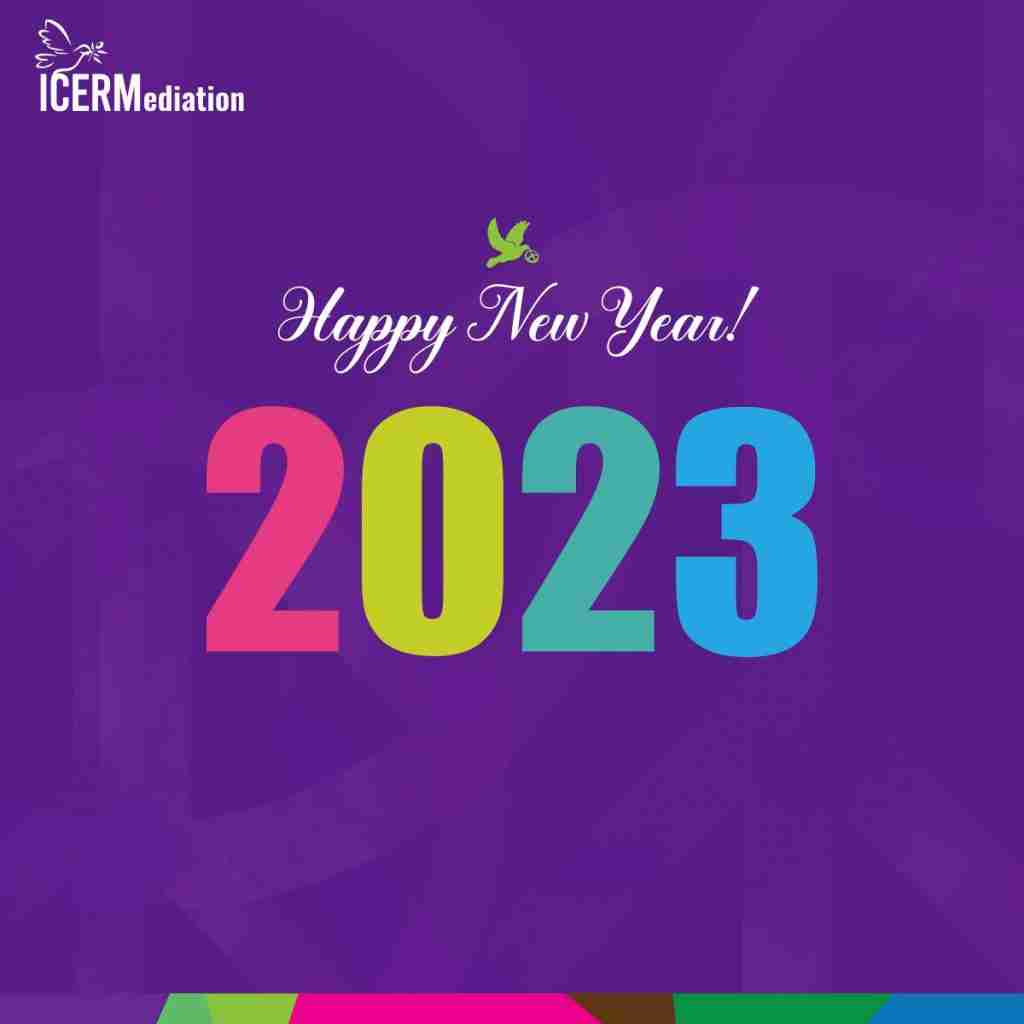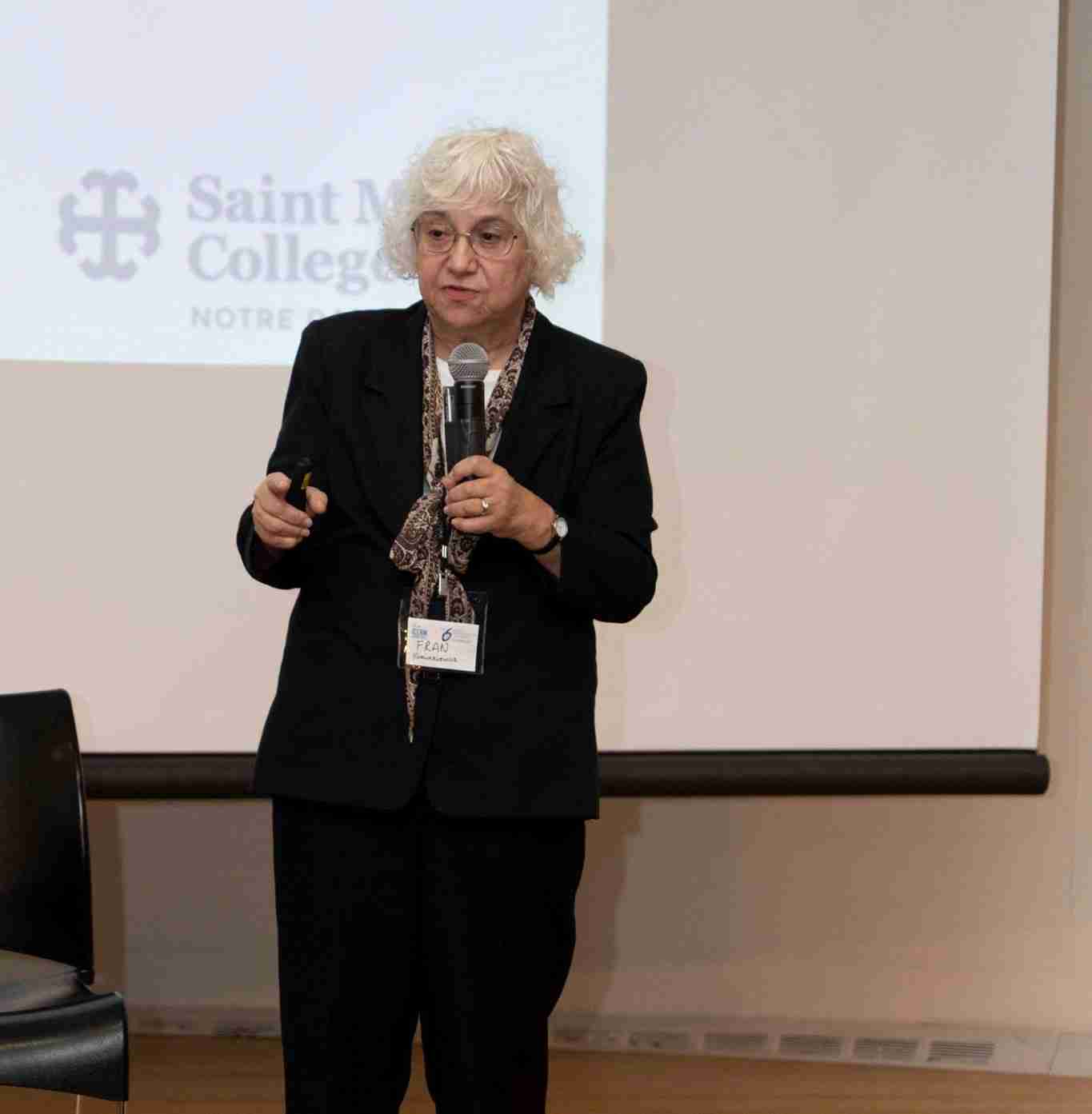Happy New Year! ICERMediation App To Be Launched In January 2023

We are grateful to have worked with you in 2022. 2022 was full of activities at ICERMediation.
- We hosted over 6 lectures during our monthly membership meetings. The lectures addressed emerging issues in ethnic, racial, and religious conflict and conflict resolution in different regions of the world
- We trained and certified 18 new Ethno-Religious Mediators
- We hosted the 7th Annual International Conference on Ethnic and Religious Conflict Resolution and Peacebuilding at Manhattanville College in Purchase, New York
- We were actively involved in the United Nations meetings through our Special Consultative Status with the United Nations Economic and Social Council (ECOSOC)
- We published important peer-reviewed articles in the Journal of Living Together, Volume 7, Issue 1, Ethno-Religious Conflict and Economic Change
- We designed and launched a social media website in August 2022 with the new rebranding, ICERMediation
- We created two new projects – Virtual Indigenous Kingdoms and Living Together Movement – to be implemented in the first quarter of 2023
- We developed a mobile app – The ICERMediation App – to be published in the App Store and Play Store in January 2023 so users like you can download the app. The ICERMediation App will be used to implement Virtual Indigenous Kingdoms and Living Together Movement in different countries around the world. Indigenous leaders will be able to create their virtual indigenous kingdoms on the app. Accepted peacebuilders and conflict resolution professionals will be able to create a Living Together Movement Chapter for their cities or universities on the ICERMediation App.



We very much look forward to working with you to build inclusive communities in towns, cities and schools around the world.
Do not forget to send a proposal or register for the 8th Annual International Conference on Ethnic and Religious Conflict Resolution and Peacebuilding scheduled for September 26 – September 28, 2023 in New York City.
With peace and blessings,
Basil Ugorji, Ph.D.
President and CEO
International Center for Ethno-Religious Mediation (ICERMediation)
Webpage: https://icermediation.org/community/bugorji/



